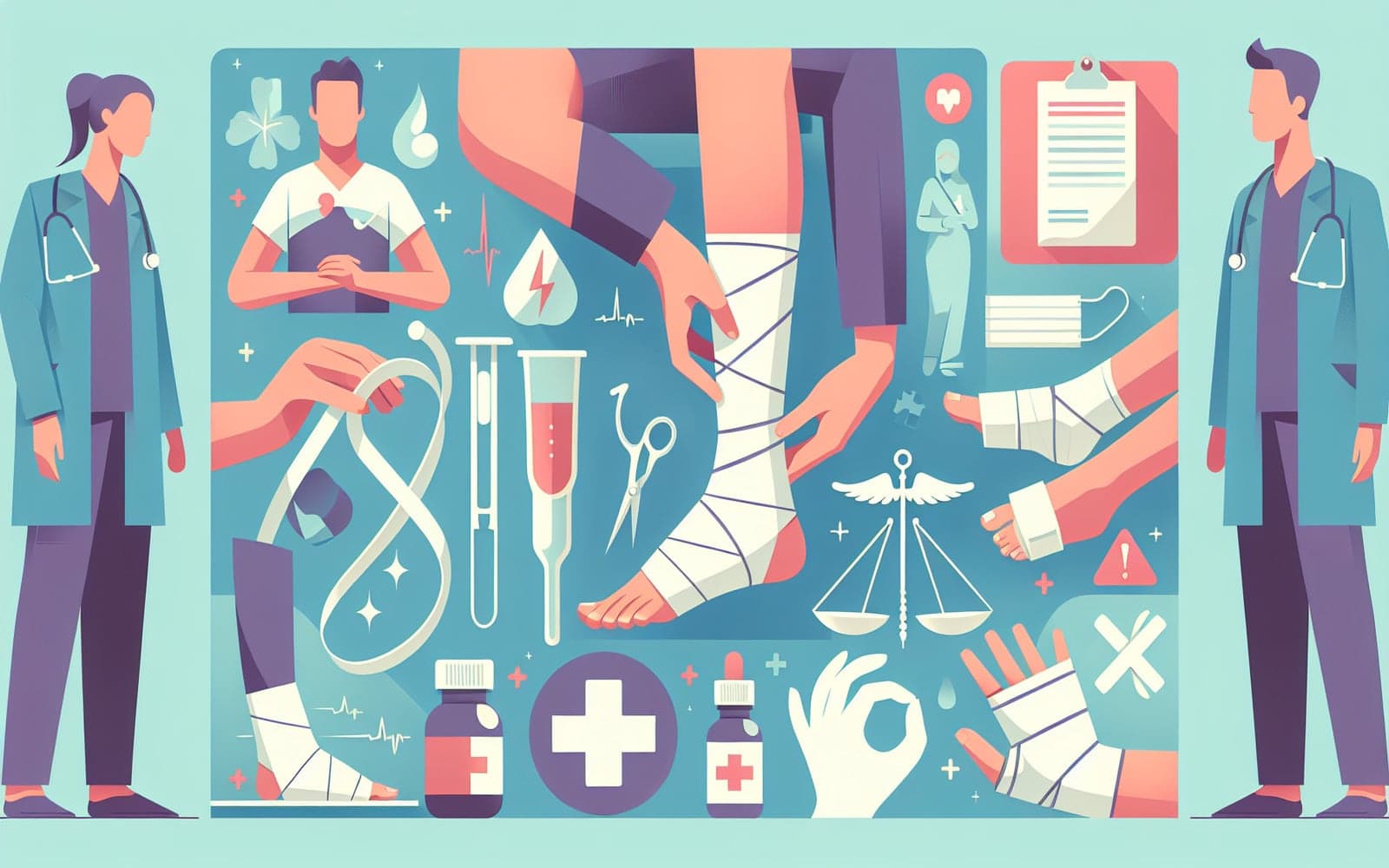Splinting Complications: What You Need to Know
Published: Aug 02, 2024
Splinting, while generally safe, can sometimes lead to complications if not applied correctly. Learn about potential risks and how to avoid them.
Contents
Common Splinting Complications
Improperly applied splints can cause complications like sores, abrasions, and even infections. Tight splints may lead to neurovascular compromise, affecting blood flow and nerve function. Ensuring a proper fit and regular monitoring can prevent these issues.
Preventing Complications
Preventing splinting complications involves proper application techniques and patient education. Proper padding and correct sizing are crucial. Patients should be instructed on signs of complications, like increased pain or numbness, and advised to seek prompt medical attention if these occur.

The Importance of Follow-Up
Regular follow-up appointments are vital to check the splint's fit and adjust it as needed. This helps ensure that the splint continues to provide the necessary support without causing harm. Follow-ups are also an opportunity to transition to other treatments if required.
Frequently Asked Questions
Complications include sores, infections, and reduced circulation.
Proper application and regular monitoring can prevent complications.
Watch for increased pain, numbness, or signs of infection.
Follow-ups ensure the splint remains effective and safe.
Key Takeaways
Awareness and proper care can minimize the risks associated with splinting.
Next steps: Consult Doctronic to learn more about safe splinting practices.Related Articles
References
Abzug JM, Schwartz BS, Johnson AJ. Assessment of Splints Applied for Pediatric Fractures. J Pediatr Orthop 2019.
Boyd AS, Benjamin HJ, Asplund C. Splints and casts: indications and methods. Am Fam Physician 2009.
Always discuss health information with your healthcare provider.

